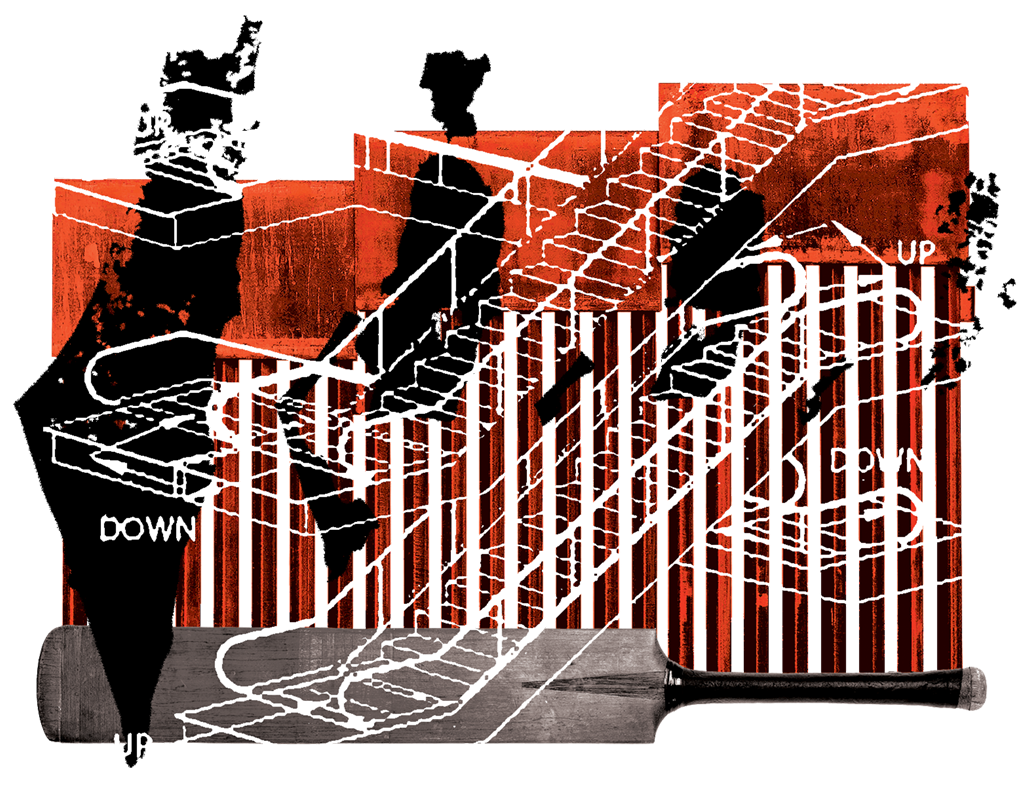Historical memory is often short, especially in politics. Surveying the European landscape at the outset of 2019, in which a self-assured Berlin swollen with tax revenue dictates economic policy to its fellow eu member-states virtually by decree, one could almost forget that twenty short years ago the German economy was seen as the problem child of the eurozone. Unemployment was reaching record highs, the country’s generous welfare system drained state cash at unsustainable rates, and growth (still more or less tied to the productive economy) paled in comparison to the credit-fueled boom littering the Mediterranean coast with cheap condo developments.
What a difference two decades can make. Though the German boom appears to be losing steam in recent months, ten years after the financial crisis rocked most of the world the Federal Republic of Germany seems to have achieved what no previous generation of its ruling class could: consolidation of relative economic and political hegemony in Europe, and with it uncontested status as a leading world power (albeit as a junior partner of the United States). With more citizens active on the labor market than ever before, the government claims that Germans have never had it so good. This is allegedly true in both the old West as well as, increasingly, the states of former East Germany. Following an initial period of adjustment and mass deindustrialization, the East appears to be recovering as call centers, logistics, and other service industries move in to employ a downwardly mobile proletariat at competitive wages, offering employers West German-financed infrastructure and labor costs competitive with Poland or the Czech Republic. On the surface the country appears to be prospering, even if some prosper more than others.
Yet if things are going so well, why are German voters abandoning the center in droves to support alternatives on the Left and, increasingly, the far right? After all, Germany was widely seen as a beacon of political stability and economic rationality for decades — and probably would have remained so had the so-called refugee crisis in 2015 not abruptly exposed the social tensions accumulating over the decades. During this critical period, the political party system underwent a largely ignored but profound transformation, bringing the country in line with European norms as right-wing populism entered the stage in the form of the Alternative für Deutschland (AFD). The AFD became the third-strongest force in the new Bundestag with 13 percent of the vote in the September 2017 federal elections; in the eastern state of Saxony it even won a plurality. The Free Democrats (FDP) returned to parliament with 11 percent, while both the Greens as well as Die Linke fell short of expectations with roughly 9 percent each.1
